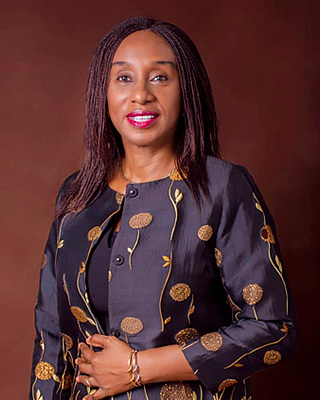Work is changing; new skills are required for tomorrow’s work. Employers would only retain staff who demonstrate the skills needed in the digital age.
For many of us, our finances were negatively impacted by the recent lockdown. This has necessitated a comprehensive review of our personal finance management strategies to ensure they conform to effective money management principles.
For instance, Emergency Funds. Many have never seen the need to have cash and near-cash assets enough to meet up to six-months living expenses. The discipline to save has been difficult to develop. However, recent experience brings to the fore the vital importance of keeping an emergency fund.
Whilst many postulate that we would never have another global lockdown in our lifetime, there are various other adverse occurrences that would be easier to overcome if we had a “rainy day” fund. Emergency funds were advised long before the lockdown to enable us to manage financial stress caused by retrenchments, accidents, surgeries, deaths etc. Insurance can also help us cope better with some of these adversities. It is no longer a luxury nor is it reserved only for those with little faith.
The lockdown also emphasized the need for us to have multiple streams of income. Whilst we were all locked in and many self-employed were unable to earn a living, some people were pleasantly surprised with deposit alerts in their accounts, as dividends from the big banks were credited to them. There are testimonies of people who claim that those dividends were timely lifelines to their families’ survival. This underscores the need to diversify our sources of income.
Many small business owners feel the need to put every kobo they get back into their business’ growth. At face value, this seems incredibly wise. But the new realities of lockdown confirm the age-old adage; putting all our eggs in one basket is never wise. Salary earners too need to diversify their income streams and investment portfolio. Although you may not be able to do a second job, you can get your money to work for you through investments in both public and private equities. Investments in the stock exchange must also be sufficiently diversified, so that when one sector is stressed and unable to pay good returns, dividends from other sectors would it balance out.
The lockdown also highlighted the need to upgrade our skills. Remember, the income we earn is causally related to the work we do. Many were able to take free online courses to improve their ability to do their current jobs and even, in some instances, to change their lines of work. But, we must not wait for lockdowns to upgrade our skills. Whilst the stay-home provided ample time to undergo trainings, if we are serious and committed to new skills acquisition, we can always create the time for it even when fully occupied in a 9-to-5 job. We just need to reprioritize our activities and reschedule them.
Work is changing; new skills are required for tomorrow’s work. Employers would only retain staff who demonstrate the skills needed in the digital age. Let us be proactive and remain relevant in our industry, so that we can continue to earn sufficient income to meet our current lifestyle needs and still have something left over for retirement planning.
The lockdown and attendant threats to our personal wealth have also motivated us to change our priorities. No longer can we continue to indulge in excessive consumer spending and consumption. Prudence is no longer a dirty word or the concern of only the poor. Many now realize that buying the latest model of their cell phone when their current one still works efficiently and looks good, is no longer a matter of “life and death.”We have been compelled to reduce the amount of money we spend on social events; aso-ebi, tailors, makeup artists, gifts etc. With the forced online attendance of social events occasioned by the need for social distancing, the cultural outlook is changing. Of course, if and when social distancing is no longer advised, some may want to return to the old ways, but certainly there has been a shift in attitudes and we have “a new normal”.
During the lockdown, we moved our activities online. Financial, education, religious, and social activities were all impacted. CBN’s cashless policy was certainly advanced by this lockdown. Let us continue to ensure the safety of our financial transactions in cyberspace. Do not share your PIN, even with family (they can mistakenly share it with others). Change your PIN often or anytime you feel it has been exposed. Do not use public WI-FI for financial transactions, other people may see your activity. Destroy POS receipts. Prevent identity theft.
Let us all adapt to the new normal. Happy investing.



